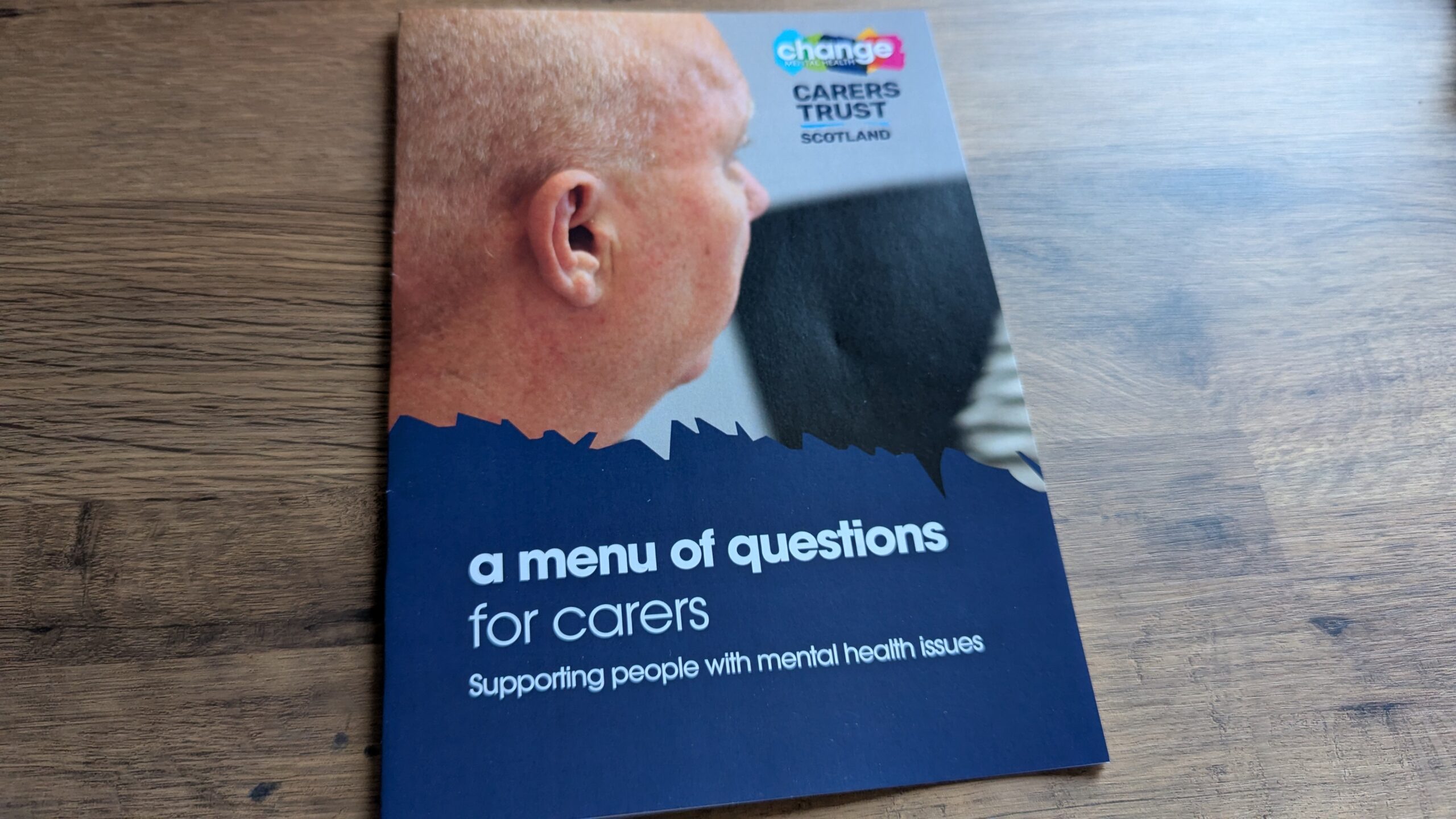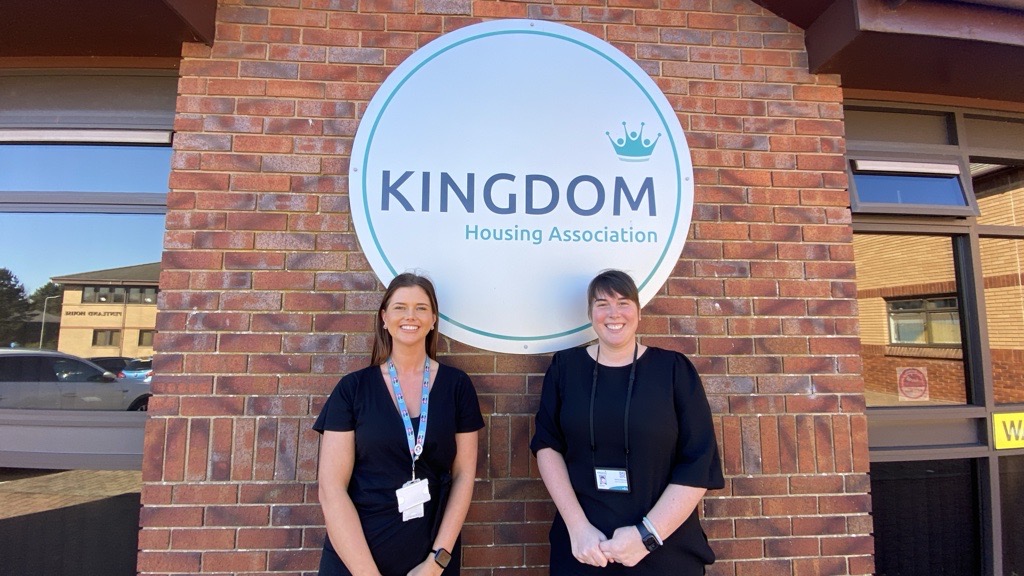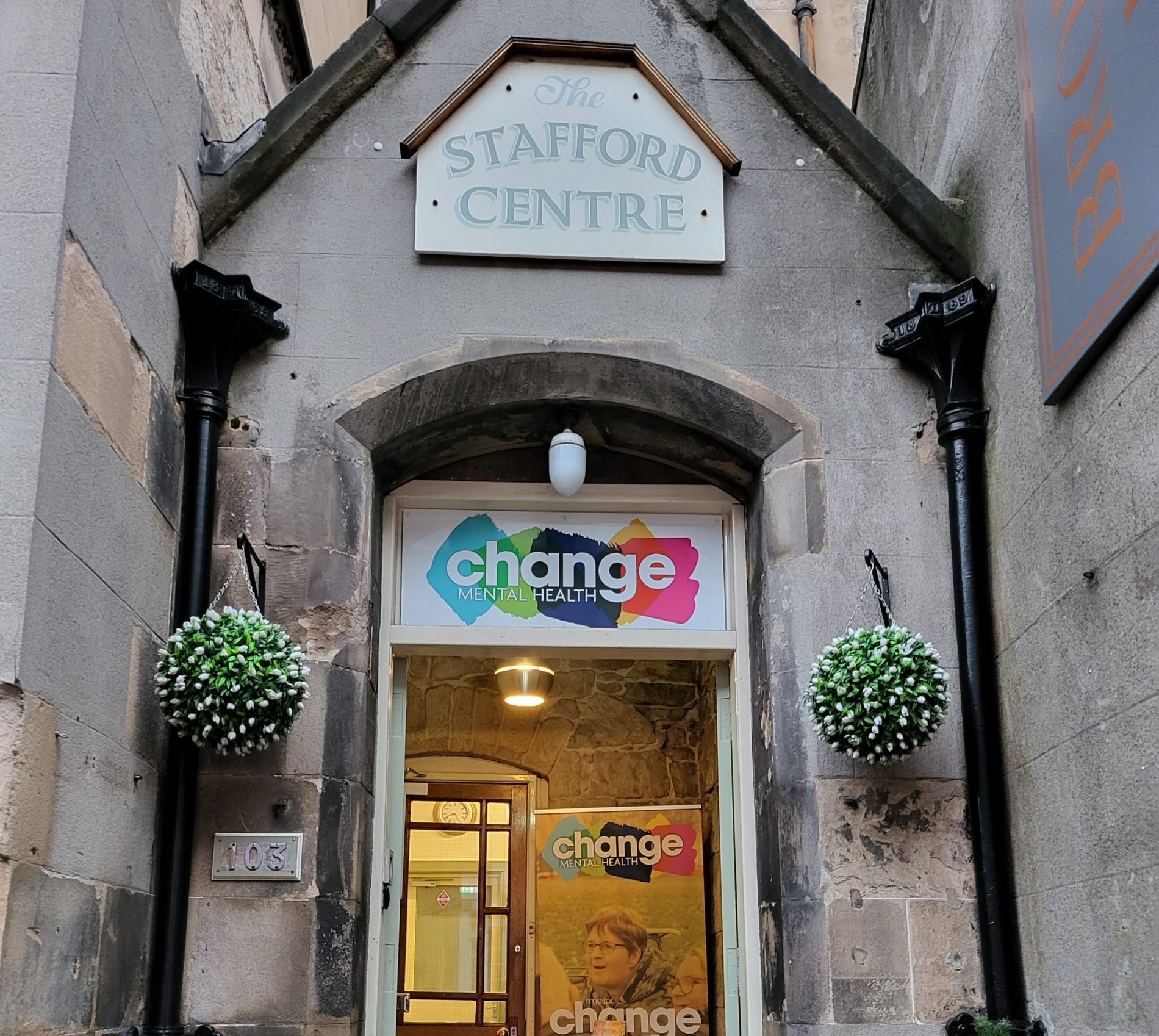Ages & Stages: Early intervention and prevention in mental health

It’s often said that a stitch in time saves nine – a truth that rings loud and clear when it comes to mental health. The recent ‘Ages & Stages’ event, hosted by Change Mental Health, highlighted how addressing issues early can make a significant difference in a person’s life.
Held in a hybrid format, the event welcomed attendees from rural and urban Scotland communities. Two-thirds of participants from rural areas joined online, showing just how crucial it is to engage with communities wherever they are.
The focus was clear: early intervention and prevention. What can we do today to prevent future struggles and how can we help those already facing challenges before crisis? By examining these questions, we saw how impactful the right interventions can be.
expert voices, proven solutions
The event featured a lineup of expert speakers already involved in early intervention and prevention. Jessica Shields from the Scottish Centre for Social Research, Martin McCoy from Distress Brief Intervention (DBI), Tim Street from Mental Health Foundation, and Hannah Dibnah and Ian Graham from Change Mental Health shared their insights on what’s working well and what we can improve.
We gained valuable insights from Jessica’s presentation, which provided a Scotland-wide perspective with an added focus on rural areas.
“Leadership buy-in and having a whole-family approach for school-ages is very important. We are all on the same page – we want children to be well and to have a good life. Getting through to parents and breaking down their fears is crucial.” – Jessica Shields, Scottish Centre for Social Research.
Barriers to support were also discussed. One attendee pointed out that a lack of knowledge about services and stigma leaves people feeling lost. “Not knowing where to get support or what support is available is a barrier. This, combined with stigma and the need to be referred to services by your GP, leaves people at a loss. A distress and mental health website with information for Scotland would be very helpful,” they shared.
Tim Street and Hannah Dibnah highlighted their work with young people. Tim spoke about the importance of equipping children with self-knowledge and self-care skills, while Hannah shared insights from Change Mental Health’s work with secondary school pupils, addressing mental health issues head-on.
The Distress Brief Intervention (DBI) model also took centre stage as a proven example of early intervention. DBI’s compassionate and connected approach is helpful and, as one attendee pointed out, can be lifesaving. “What would make things better? Simple, straightforward tools that we know work – like Distress Brief Intervention – would be useful for prison staff and other services to know about so they can have these conversations with their client groups,” they said.
building a supportive network
The day wasn’t just about learning from experts; it was also about coming together to explore how we can build on what’s already working. With online and in-person participants, smaller breakout groups discussed how we can further improve the landscape of early intervention and prevention.
One recurring theme was the challenge of accessing services in rural areas, where stigma and lack of anonymity can make seeking help feel daunting. One participant said: “Accessing services rurally is difficult due to stigma and lack of anonymity. Telephone, online and outreach services are crucial to counteract these risks.”

As the event progressed, it became clear that new, innovative collaborations are needed to tackle mental health in unexpected ways. Participants from diverse sectors – including Prison Services, Refugee Groups, Rural Transport and Farming Communities – shared their unique perspectives.
“We need to connect with people first, then offer them support. Allow people to move in and out of services as they need, not as the services need and work with new partners at the community level,” said one group participant, echoing a key takeaway of the day.
The event closed with a call for sustained, long-term change with one group summarising after the activity: “Long-term funding is needed to make the difference. Pilot programmes that work are not championed and rolled out across Scotland. We need to embed what works and make early intervention and prevention a priority for the future of mental health.”





